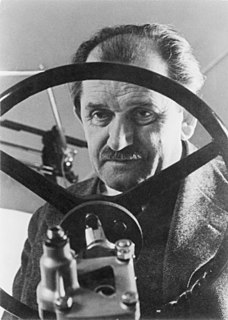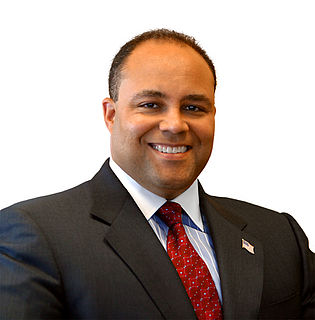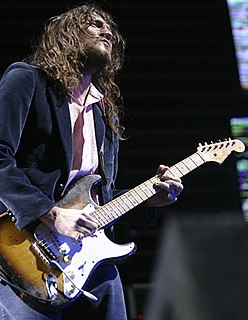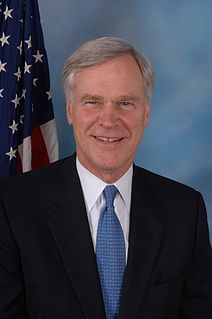A Quote by Bill McKibben
It's much to the credit of the rest of the world that they have gone ahead and tried to do the Kyoto accords on their own. It makes it unbelievably difficult to do that, for a variety of economic and regulatory reasons, without the participation of the biggest energy user in the world.
Related Quotes
Committees are, by nature, timid. They are based on the premise of safety in numbers; content to survive inconspicuously, rather than take risks and move independently ahead. Without independence, without the freedom for new ideas to be tried, to fail, and to ultimately succeed, the world will not move ahead, but rather live in fear of it's own potential
What the U.S. does is it continues to print money when the economic situation gets difficult. This is what happened in the last depression during the summer of 2008 when they tried to resolve the economic crisis by printing valueless money. This is the business privilege given to them at the famous conference of Bretton Woods in 1944 when the United States emerged as the superpower after Europe and the rest of the world, mainly Europe, that had collapsed because of the war.
I remember Secretary of State [George] Shultz one day saying that America is an economic model for the world. I replied to him that America represents 5 percent of the world's population and consumes 30 percent of the world's energy. What if everyone in the world lives like Americans? Where do we get the energy for this standard of living?
Our economic assistance must be carefully targeted, and must make maximum use of the energy and efforts of the private sector... Economic freedom is the world's mightiest engine for abundance and social justice... Developing countries need to be encouraged to experiment with a growing variety of arrangements for profit sharing and expanded capital ownership.
What really happens is that the story-maker proves a successful 'sub-creator'. He makes a Secondary World which your mind can enter. Inside it, what he relates is 'true': it accords with the laws of that world. You therefore believe it, while you are, as it were, inside. The moment disbelief arises, the spell is broken; the magic, or rather art, has failed. You are then out in the Primary World again, looking at the little abortive Secondary World from outside.







































